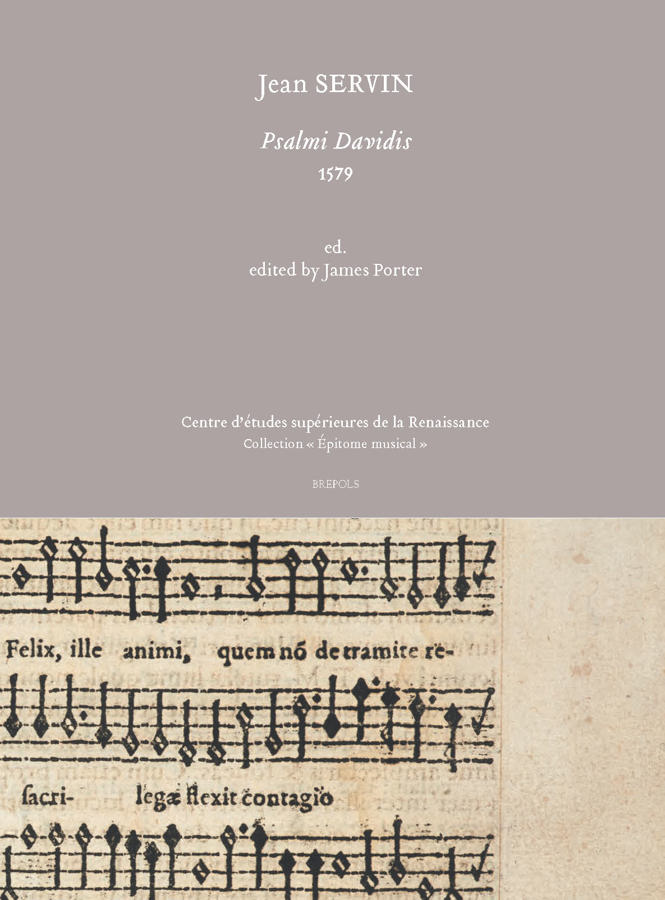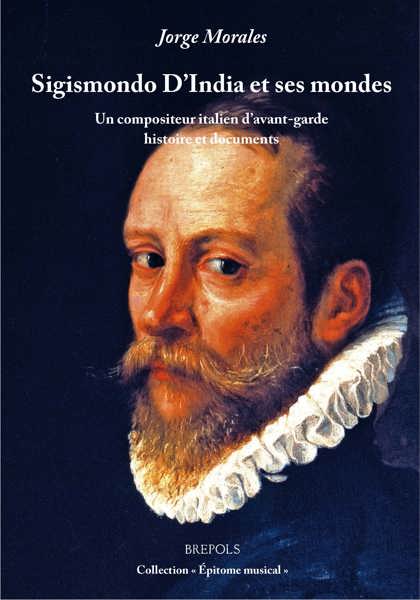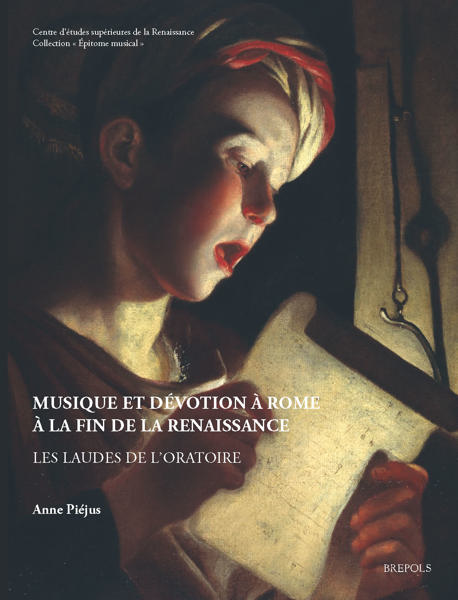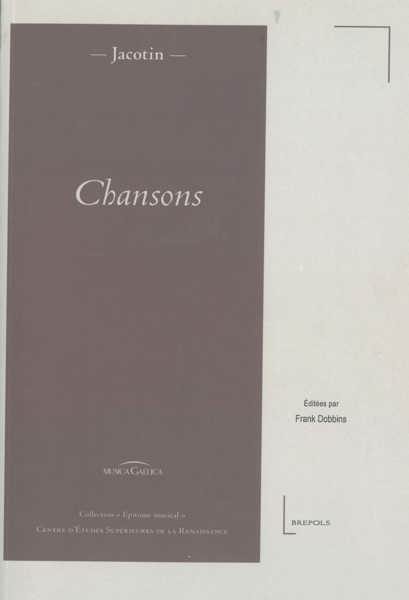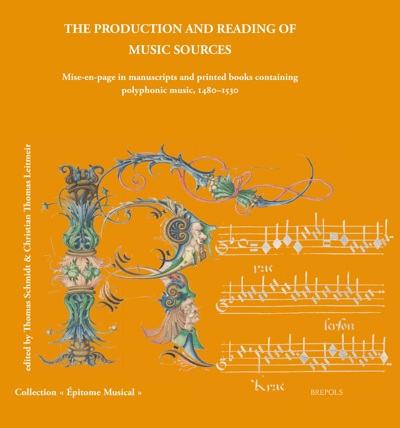
Jean Servin, Psalms
James Porter (ed)
- Pages: 775 p.
- Size:185 x 270 mm
- Illustrations:8 b/w
- Language(s):French
- Publication Year:2015
- € 140,00 EXCL. VAT RETAIL PRICE
- ISBN: 978-2-503-52346-0
- Paperback
- Available
"Les spécialistes de la littérature néolatine du xvie siècle, les chefs d’ensembles vocaux, choristes et musicologues, les théologiens apprécieront à sa très juste valeur cet impressionnant volume (...). Bel exemple d’interaction entre Réforme et Humanisme évoquant une étape particulière de l’histoire des mentalités littéraires et des sensibilités religieuses." (Édith Weber, dans: Church History and Religious Culture, 95, 2015, p. 334-335)
Servin’s settings of George Buchanan’s Latin texts bear a dedication to ‘Serenissimo Scotorum Regi, Jacobo Sexto’, namely King James VI of Scotland, then a youth of thirteen who had been tutored from his early years by Buchanan. Buchanan (1506-82), a distinguished historian, poet and dramatist in the Humanist tradition had held teaching posts in France, first at the Collège de Sainte-Barbe (from 1529) in Paris and the Collège de Guyenne (1539) in Bordeaux, where Montaigne was one of his students. Buchanan’s Latin version of the psalms, a genre that had attracted contemporary French writers, was begun during his internment by the Inquisition in the Monastery of San Bento, Portugal, from 1547 to 1552 following the accusation of heresy.
Taking the Vulgate version of the psalms as his basic text, Buchanan styled his paraphrases after classical authors, principally Horace. Dedicated to Mary, Queen of Scots (mother of James VI), the work aroused the admiration of his first biographer, Henri Estienne, who described Buchanan as ‘poetarum sui saeculi facile princeps’.
Buchanan was also known to Calvin’s successor in Geneva, Theodore de Bèze, who provided Servin with a letter of introduction to Peter Young, King James’s other preceptor besides Buchanan from 1572 to 1578. The links between Geneva and Scotland were well established, for John Knox, Christopher Goodman, Andrew Melville and other Reformers had visited the city earlier in the century and come under Calvin’s influence even before the Scottish Reformation of 1560.

